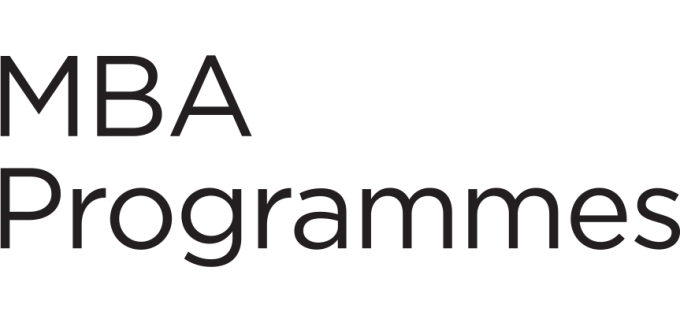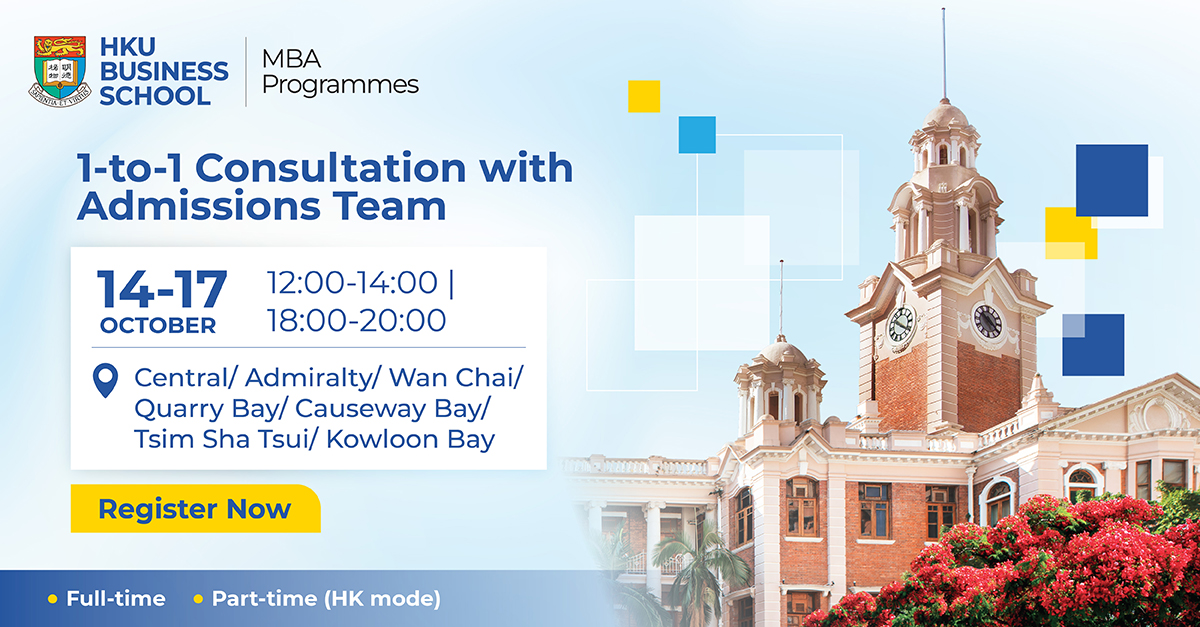Media Interview
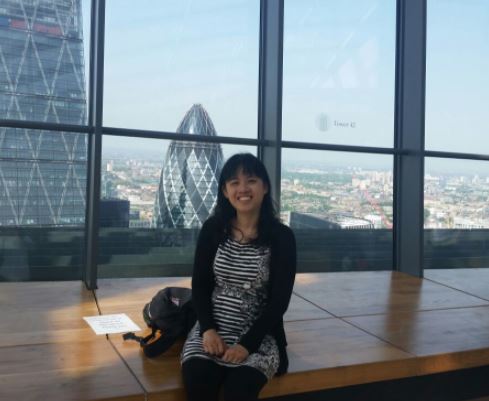
In 2015 Jasmine Chua faced a career-defining decision: would she carry on rising up the ranks in Singapore’s public sector, or leave her stable job for a year of post-graduate study followed by (hopefully) a new role in Hong Kong financial services?
“I opted to go back to school and do an MBA,” says Chua, who was an assistant director at the Monetary Authority of Singapore. “I’d been working for the government for five years and I felt l really needed to broaden my networks, both internationally and across other industries.”
She didn’t know it at the time, but in little over a year Chua would have studied at three world-renown campuses, completed her MBA, and secured a job in a new city and new sector.
How did she manage to make such a big career change? It was all about doing the right MBA and taking full advantage of its course content and alumni connections.
“I wanted to go to a business school in Hong Kong because I was keen to remain in the world’s most dynamic region, and Hong Kong is a gateway to so many Asian markets,” explains Chua. “But I also wanted an international perspective to my studies, not just a regional one.”
With that in mind, Chua says her choice of MBA soon became obvious: The University of Hong Kong.
All HKU MBA students spend an introductory month at Beijing Language and Culture University in Beijing before their main nine-month stint in Hong Kong itself. For their final four months, they can either stay in Hong Kong or go to London or New York.
Chua says her own international experience, at the prestigious London Business School, exceeded expectations. “It wasn’t just an exchange – we were treated like their own students. We attended the same classes, speaker talks and student clubs.”
Developing a more “global outlook” also helped Chua land her first job in the private sector. In September 2016, soon after graduating, she took a Hong Kong-based role with financial services giant Prudential, overseeing government relations across several countries.
“Working in the Singapore public sector is quite a local environment, but at HKU my classmates were very diverse, from about 14 countries,” says Chua. “My MBA was an important bridge into my more international job at Prudential. I’ve been better able to assimilate into a global finance firm, where my colleagues and clients are from across the world.”
Chua can also turn to former classmates for on-the-job advice. “I’m now building relationships in markets across Asia. And when I need advice, I can easily reach out to HKU alumni who are from these countries.”
But it wasn’t just HKU’s global focus that enabled Chua to move sectors after she graduated. “My boss said part of the reason he hired me was because he thought I had the drive to make changes. And this drive came directly from my MBA,” she says.
More specifically, Chua was able to show a flair for entrepreneurship during an MBA internship at fintech start-up Creditable. “I was helping an African company that wanted to expand into China, assessing which markets would give it the best return. This experience enhanced my ability to adapt to change, which was just what my current employer was looking for.”
Chua says she could not have made such a dramatic change to her own career without the new skills she learnt from the courses (corporate finance, competitive strategy and business data analysis, for example) on her Hong Kong University MBA.
“With a Singapore government regulatory background alone, it would have been difficult to get my current role in a private sector financial firm in Hong Kong,” she adds. “But the extra knowledge I received from HKU – marketing, strategy, financial markets – helped convince my boss that I had what it takes to succeed in my new career.”
Getting a post-MBA job is also about showing the employer that you are a fast learner, says Chua. “If you’re making a career change, there will still be a few skills you don’t have, even after your degree. At the job interview I pointed to the fact that I was able to pick up new subjects quickly while at HKU – and this meant I could do the same on the job.”
Chua says having a ‘Consulting Club’ mentor – a senior advisor from a global consulting firm – during the MBA programme helped her plan her future career. “He was great, always willing to set time aside to discuss my ambitions or the project I was working on. He taught me a lot about how to transform complex ideas into understandable ones.”
If you want to use the HKU MBA as a springboard into a financial services company, Chua says you should be “selective” during your 14 months of studies.
“There are so many choices – projects, elective courses, mentors, exchanges – and you can’t do everything. It’s best to know the kind of job you want near the outset, so you can make choices which match your goals and give you the best chance of making a career change.”


